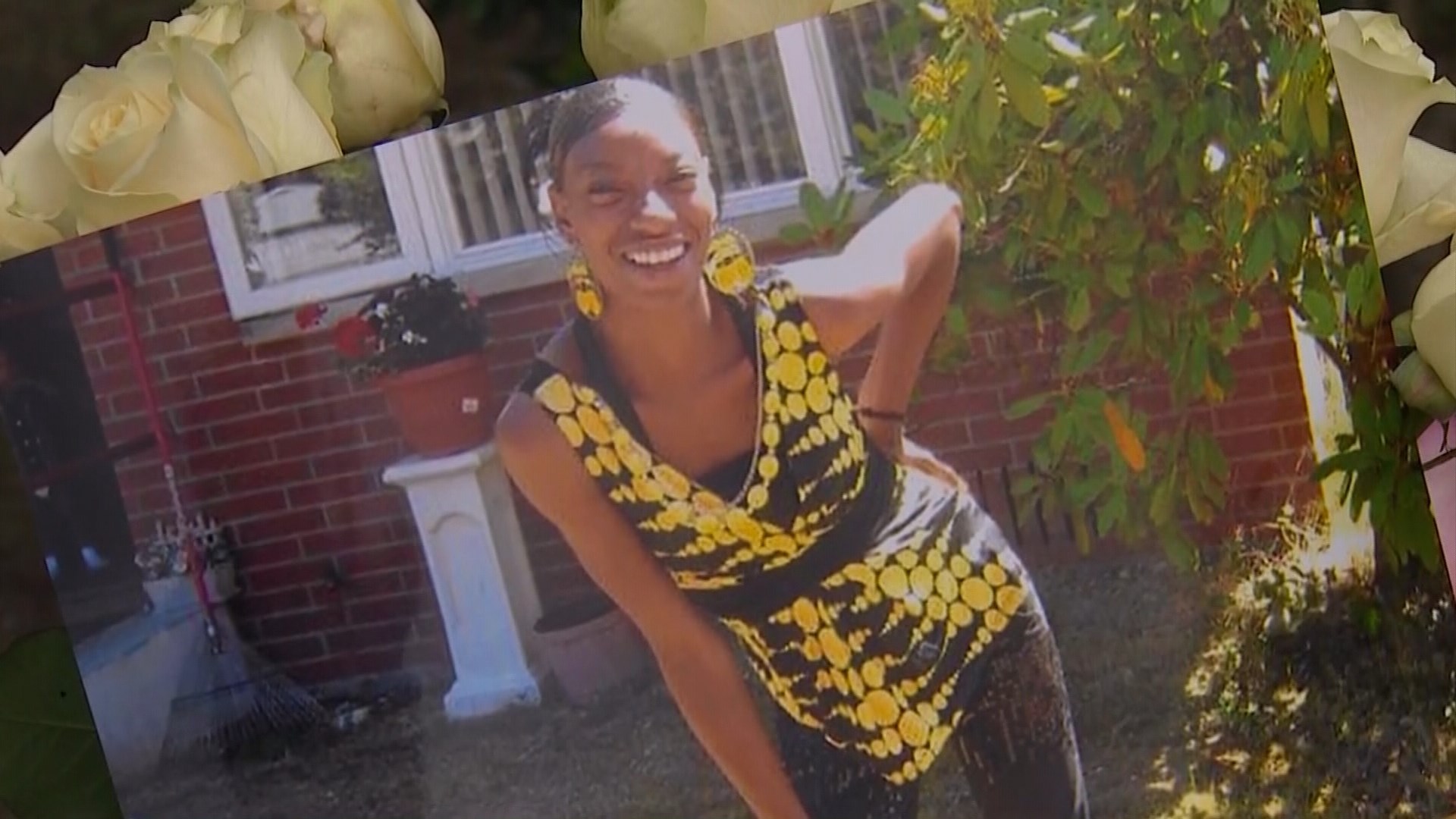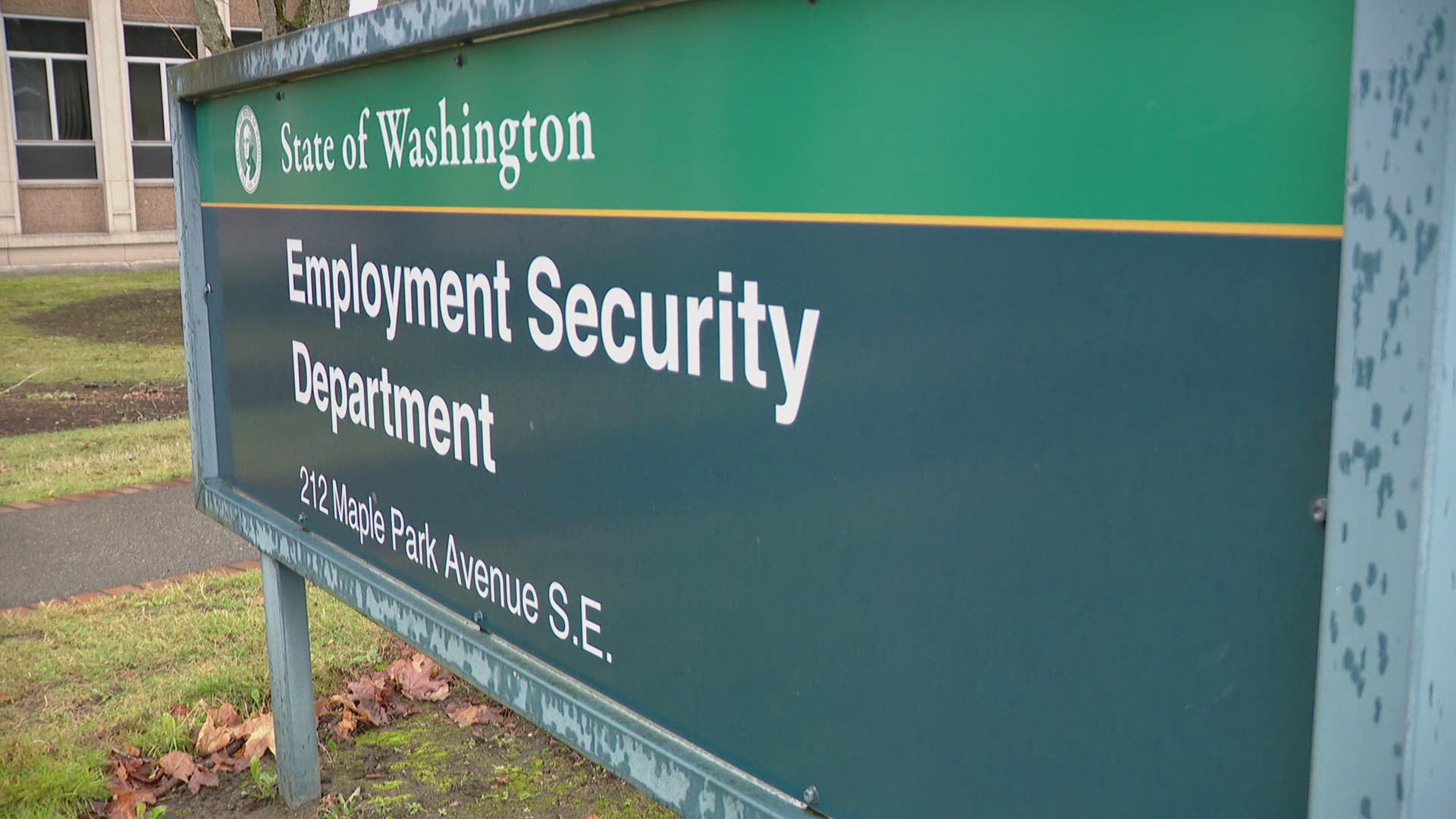King County Executive Dow Constantine announced today that all police shooting inquests will be halted.
Inquests are fact-finding forums that investigate the circumstances surrounding law enforcement shooting deaths.
There are currently five pending inquests of police shootings in King County; the shootings of Isaiah Obet, Damarius D. Butts, Eugene D. Nelson, Tommy Le, and Charleena Lyles.
The directive to suspend the inquests follows a decision by King County District Court Presiding Judge Donna Tucker to decline to appoint a District Court Judge to preside over future inquests.
State law authorizes elected coroners or appointed medical examiners to investigate the circumstances of any death involving a member of law enforcement in the performance of their duties. The King County Charter requires an inquest, and King County Code gives the Executive control over the inquest process.
Since the 1970s, inquests have been conducted by District Court judges, who have traditionally accepted the delegation of the Executive's fact-finding duties in his capacity as Coroner.
Judge Tucker's decision opens the way for a new investigator to be appointed, likely meaning the rules and procedures utilized when district court judge oversaw the inquest will no longer be applicable said Alex Fryer, the Director of Communications for the King County Executive's office.
"It would not be fair to continue these inquests with the possibility that half way through the inquest the rules will change," said Fryer.
The King County Inquest Process Review Committee will cease to investigate the pending inquests until a new investigator is appointed. The committee will focus on providing recommendations for reforms to the inquest process in the meantime.
In a statement released today, Corey Guilmette an attorney for the Lyles's family said, "King County Executive Constantine's decision to place the inquest into Charleena's death on hold is an extraordinary step, which will delay Charleena's family in their search for answers. This delay will only be justified if it allows Charleena's family to ultimately participate in a process that seeks to answer the most important questions relating to her death."


